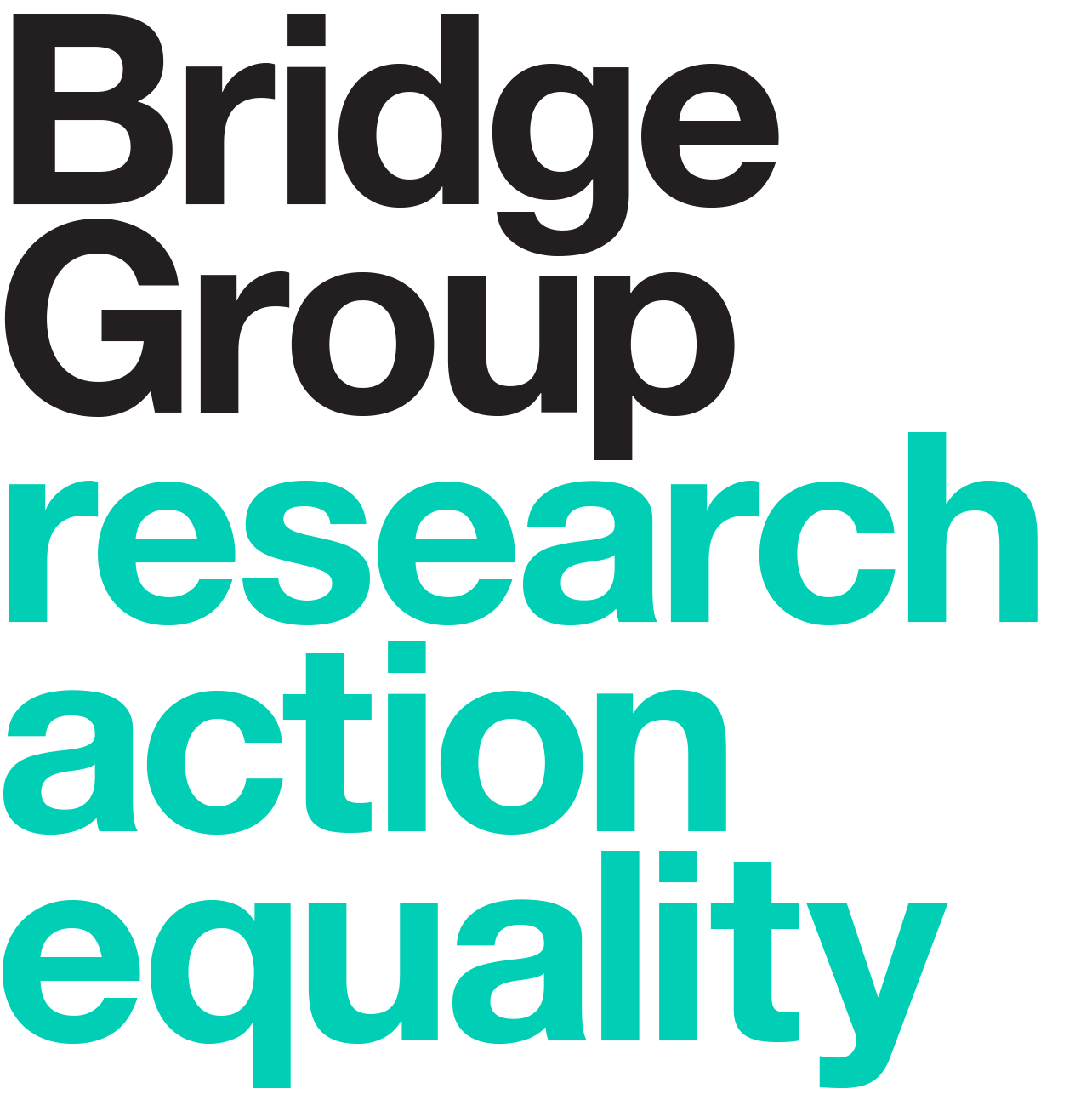Case Study:
University careers service
“Independent expertise gives organisations the evidence base they need to make change and try new things”
Are universities the best way to boost social equality? Received wisdom holds that they are a great leveller: win a place to get ahead. But ground-breaking independent research from the Bridge Group has explained why this is a myth. In fact, the people for whom the cost to study at university is highest often benefit the least.
The report, Social Mobility and University Careers Services, demonstrates that students from more affluent backgrounds have better graduate outcomes compared with their less advantaged peers – and looks at what needs to be done to change this. It is the first report to investigate the part that careers services play in addressing the gap in graduate outcomes across socio-economic backgrounds.
Wide-ranging in scope, it drew on new evidence from more than 30 interviews with leading practitioners across 12 universities. “We felt that interrogating how careers services and universities support the employment and outcomes of disadvantaged students was vital,” says Richard Brabner, Director of the UPP Foundation, which funded the research. “Students from lower socio-economic backgrounds have higher dropout rates and weaker outcomes. These impact their ability to succeed. We want to close those gaps.”
The report has helped to inform the grant-giving side of the UPP Foundation, helping it to understand how it might better support disadvantaged students to succeed both in, and after, university. “For example, the report found that activities such as study abroad programmes can have a proportionally higher impact on graduate earnings and outcomes for students from lower socio-economic backgrounds,” says Richard.
“As a result of this, we created a partnership supporting Universities UK International in their work to encourage UK students – particularly those from disadvantaged backgrounds – to study, work or volunteer abroad as part of their degree programme. The report has shaped the conversation around what careers services provide and is informing action across the sector.”
